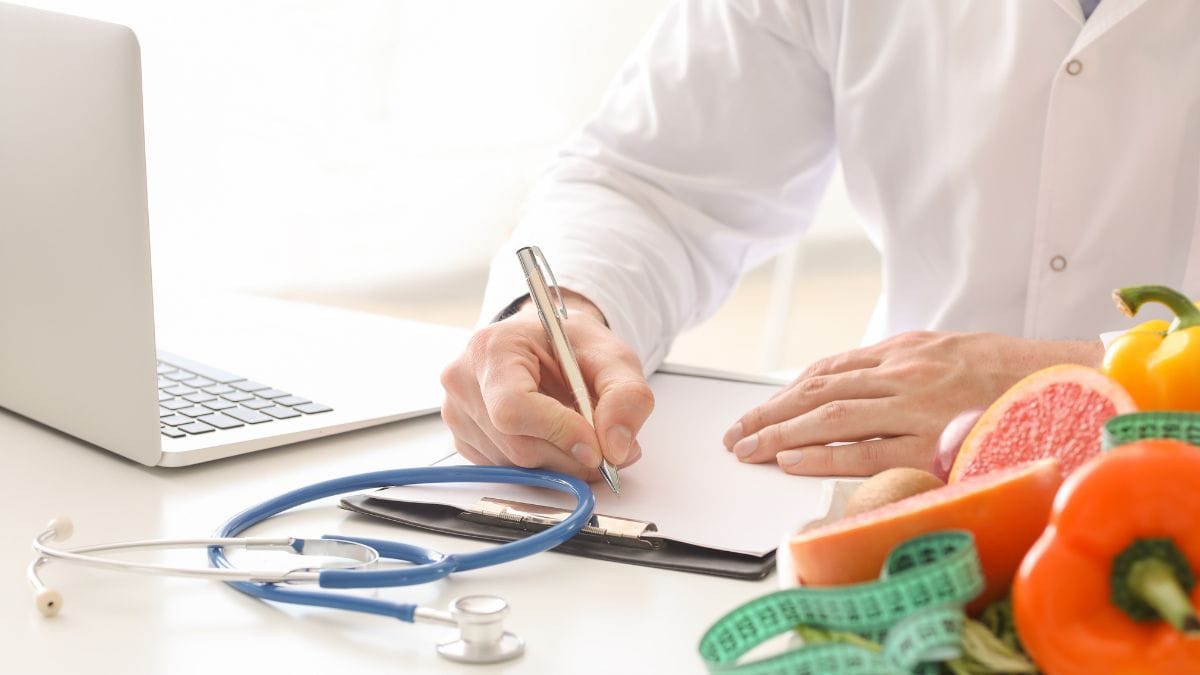Why am I Craving Lime? (Expert Answer)
Short Answer: You might crave lime because of a need for vitamin C or hydration. Lime is a food that contains vitamin C and benefits such as boosting the immune system and aiding in iron absorption. Craving lime can mean different things depending on your situation. For example, you may be dehydrated or low on energy. Lime can help you rehydrate and boost your energy because it has water and calories. Or you may have a deficiency of vitamin C. Lime can provide you with vitamin C that your body needs to function properly. For example, if you are low on iron, you might crave lime as vitamin C helps in the absorption of iron. Or you may have a habit for lime. You might crave lime because you are used to eating it regularly, or because you associate it with a positive emotion or a memory. For example, if you grew up enjoying lime-flavored treats as a snack, you might crave it when you feel nostalgic. Another reason may be you have a medical condition that affects your taste buds or appetite. You might crave lime because you have a condition that alters your sense of taste or hunger. For example, if you have pregnancy, you might crave sour foods like lime. To find out the exact reason why you crave lime, you can consult a doctor or take a blood test. If your craving is neutral for your health, you can satisfy it in moderation. To prevent or
